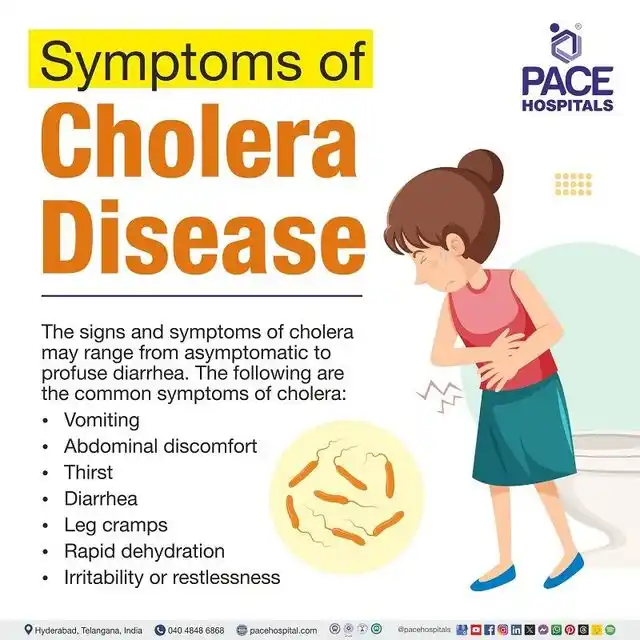
Traditionally; most Malawians have associated cholera with rain seasons and also linked it to poor hygiene and sanitation practices. However, studies indicate, climate change could also be at play in this emerging pattern as being reported by our News Analyst Tamanda Matebule.
For a long period of time cholera has been associated with poor hygiene-and-sanitation practices.
With many cholera incidents breaking out in rain seasons, cholera has chiefly been regarded as a rain-season disease. Until recently.
Thus questions have been raised, what happened, in 2022 that the country could record 59,376 Cholera infections and 1,772 deaths – off rain season?
However, answers are now emerging.

A recent research led by Saurabh Chatterjee Professor of Medicine and Environmental & Occupational Health at the University of California suggests the emerging cholera out-break patterns could point to climate change.
He says, his findings point to effects of climate change as exacerbating the recent cholera occurrences.
Cholera, he says, “should no longer entirely be regarded as a water or sanitation or hygiene disease rather also a climate change disease.”
Delivering a public lecture at Malawi University of Business and Applied Sciences – Mubas, Chatterjee observed factors like extreme weather conditions mostly heat waves were triggering cholera outbreaks in Malawi and other countries.
Talking of the 2022/2023 cholera outbreak, which overwhelmed Malawi health facilities, he said findings of his study reveal “the outbreak was linked to heatwaves that hit most parts of the country.
“Heat creates fertile condition for multiplication of vibrio cholera pathogens. We also found out that heat stress exposure leads to change in the way our immune system works which also gets weakened.”
Weakening of the immune system aside, Chatterjee said, heat stress also leads to changes in the gut bacteria population in the human body making the body more susceptible to significant effects of vibriosis infections.

Commenting on the presentation Khumbo Kalulu — an associate professor in environmental health sanitation at Mubas said it presented an opportunity for Malawi to reflect widely on cholera.
“This presentation opens our eyes to look at cholera beyond water, sanitation and hygiene. It also means we should now refocus to look across other factors like climate change and extreme heat or heat stresses,” said Kalulu.
Meanwhile, to counter cholera as a public health threat the Ministry of Health is implementing a five-year Multi-sectoral Cholera Control Plan spanning 2025 through 2030.








0 Comments